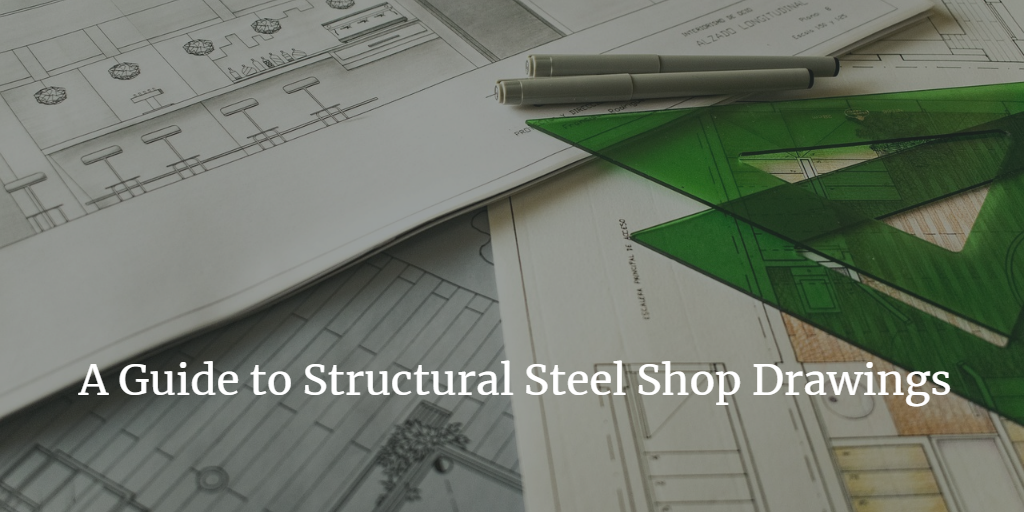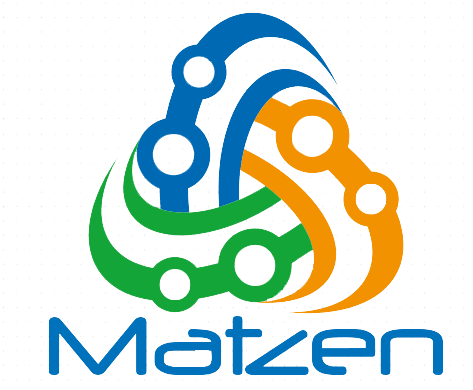- July 20, 2020
- Posted by: Matzen Solutions
- Category: Steel Shop Drawing

Be it air handling units, buildings, elevators, bridges, commercial complexes, or industrial units; steel detailing is quite important for almost every construction project. However, the process is a critical one in construction and must be handled cautiously by expert detailers.
Despite its popularity, the concept of steel shop drawings is still a sceptical one with a majority of people having numerous questions regarding it. In this post, let’s talk more about steel shop drawings and how it works.
Purpose of the steel shop drawings:
Steel shop drawings are used to define the components parts that are used during their construction, fabrication and assembly. In simple words, it comes with an extensive range of advantages.
Since the drafting is done using either a paper or inexpensive software, steel shop drawings don’t come under the labour or resource-intensive category. Once the drafting is done, then the construction takes place, only after getting a nod from the client.
Furthermore, these drawings are also used to illustrate and quantify an array of materials needed for steel members’ fabrication. This provides an accurate material quantity and the estimated cost to the manufacturer; thus, decreasing the financial and material losses.
Process of steel shop drawing:
-
The inception of the idea:
When it comes to creating steel shop drawings, there are several stakeholders involved in the process. While the architect creates the blueprint, a fabricator evaluates the steps with steelwork and recommend alterations that could be done to the shop drawing. And then, approval or rejection of these recommendations is done by the architect.
-
Drawing and detailing:
The second step is drawing and detailing where steel detailing professional works on the approved blueprint to create diagrams for handrails, stairs, joists, braces, metal decks, beams, columns, and trusses. And then, these drawings get used while manufacturing the components.
For every individual shop drawing that is created, the below-mentioned aspects get the undivided attention:
- Fabricating and custom design specifications (in case any)
- Material specification
- Manufacturing standards
- Required dimensions
- Surface setups
- Size
- Colour and paint requirements
- Welding
- Bolting
-
Erection drawings:
After the production of steel members is completed, the detailer then creates erection drawings that help to assemble these steel members.
-
How are shop drawings made?
For creating steel shop drawings, both technical and manual steel shop drawings software are used. Below-mentioned are some of the ways that can be used for this process:
-
Manual Drafting:
This is one conventional way to create shop drawing designs with the help of pencils, paper, pens, and other measuring tools.
-
Computer-Aided Drafting (CAD):
Lately, CAD has managed to replace manual drafting when it comes to creating steel detailing drawings. Designers have started using more software to generate then drawings and get them printed afterwards.
-
3D Modelling Applications:
3D modelling is another such technique that can help to generate lifelike previews of these drawings.
The need for a steel detailer:
All in all, a steel detailer is an essential aspect of the entire process. The detailer acts like a bridge between checkers, steel erectors, general contractors, steel fabricators, structural engineers, architects, and the CAD designing experts.
Some of the duties and roles of a steel detailer include:
- Ensuring drawing parameters are up to the industry standards
- Sending drawings to architects and structural engineers for the purpose of assessment before releasing the final version of the same to the fabricator
- Providing missing information when needed and required, with the structural engineer’s consent
- Cross-checking steel shop drawings with other the fabricator for comprehensiveness, precision and accuracy
- Keeping a tab on the changes and alterations that happen during the creation of the design and ensuring that revisions are done on time and precisely
